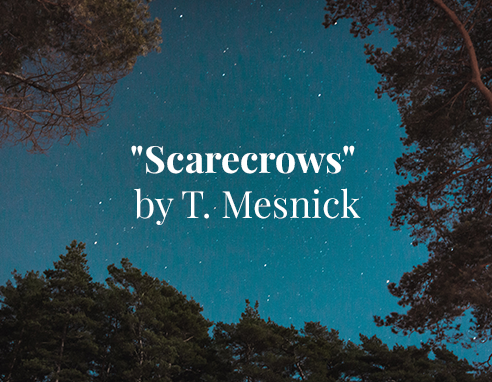 |
I’m sitting on the couch between Tom’s two standard poodles reading Socialist Realism, so I’m thinking about utopia. I’m thinking about all I wished for as a teenager: that perfect agrarian, vegetarian world with its perfect kind people. We all have round, red faces. I’m thinking about all I wish for now, like a house with a garden, a family, a job I don’t hate. I’ve only been 20 for a few months now and I’m already looking back on my stint as an idealist as if through a veil. And more than a little nostalgia: I can’t help but wonder if I’m still too young to have given up on communism. Part of it was that club I joined my freshman year of college. Students for Peace and Justice. I couldn’t stomach the “comrade” this, “comrade” that, and all the Maoism, too. I went to Comrade Jeffrey’s house for a show once, in his dim red garage with the graffiti and that portrait of Mao on the wall. “This is so college-y,” my friend Duard had said. Violent ideology as juvenile. I read somewhere that Mao killed 47 million people. I read somewhere a story about a young girl who kept a book of Grimm’s fairy tales under her mattress, where the secret police couldn’t find it. Between bands I tried to remember how to play piano, but my drunk hands kept slipping. I find myself needing to declare just as I did that night that I can play piano, sober at least, I promise. Comrade Jeffrey came up to me and my friends. I couldn’t help but think he was very small. He asked, “Comrade Theo, do you want some marijuana?” Duard and Oliver and I went back into his room, where he had a fat cat named Simba and a portrait of Stalin. Stalin? I remember thinking, really? We all took turns hitting his bong, laughing about something. We talked about religion because that’s what communist college kids do when they get high. When Comrade Jeffrey got up to leave, we followed. Oliver was careful to move the leftover weed out of the cat’s reach. I’m sitting between Tom’s two standard poodles and wondering when my aspirations became suburban. In Socialist Realism, Trisha Low writes about metonymy. To her, everything is metonymy, including sex and utopia. I can’t quite follow how she reasons this. It kind of seems like she just wants to use the word metonymy. This feels mean to say. Shoku, the tan poodle, lays his head on my lap. Is my desire for suburban simplicity a metonymy? The part as the whole. If one communist is all the communists, then am I Comrade Jeffrey? Do I feel his anger? He is the kind of communist who organizes unions. His brother is in jail. He smokes cigarettes. Comrade Jeffrey is the kind of man I might’ve fallen in love with if this were a movie about college communists and not the lived experience of two real, complex people. We would be beautiful and oppressed and angry together. But I don’t want to be angry. In Students for Peace and Justice, there was an orgy group. Perhaps, since this was an official entity, I should capitalize it. The Orgy Group. It was made up of those cool, promiscuous seniors who held the megaphones at rallies. I remember feeling disappointed that I was never invited to any of their orgies, even though I was just a freshman, even though I didn’t actually want to sleep with any of them. I slept with one of them anyway, because he had tattoos and was a senior and because he wanted to. Afterwards, my vagina bled for days; I’d say like it was weeping if I were a more dramatic person. I texted a friend from high school, “How long did you bleed after you first had sex?” She said, “I haven’t gotten around to having sex yet.” The house with the garden as metonymy. That garden becomes me: I am short and smooth-faced and I weave lavender into my apron. I become the garden. The garden sprouts peas and turnips; the me that got high with Comrade Jeffrey and flung up “Resist” stickers around campus becomes dry, cracked soil. My existence as a metonymy means that only one image will fit inside me. I can’t allow myself to exist with complexity because that would mean admitting that life is complex. That my house with a garden in the suburbs somewhere will come with bills and a mortgage and domestic disputes. More importantly, I would have to admit that it exists explicitly at the cost of someone less privileged than I. Sure, maybe I’ll vote for some Democratic socialists, but I’ll become complacent. By allowing myself to be happy within capitalism, I’ll have forgotten its evils. This is not a comforting thought, although on some level I do wish I were less aware of the evils of the world. Anyway, I’m sitting on the couch. The dogs have left; I can hear their distant barking at something outside. Tom sits next to me, drawing. And I feel something called home. |
|
T. Mesnick is a third year at Miami University majoring in Creative Writing and History. Previous publications include The Oakland Arts Review, High Noon, Asterism, Happy Captive, and Inklings. They were also the recipient of the Harris S. Abrams Award (via The Academy of American Poets) in 2019. Their work seeks to explore experience through humor and the subversion of expectations. |
|

“Scarecrows”
by T. Mesnick
Issue 09
